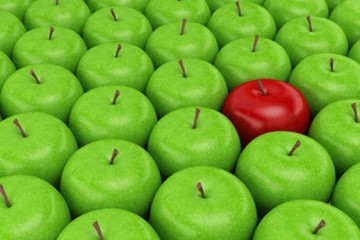But now, researchers have discovered the specific chemical responsible for curbing fat growth: ellagic acid, or EA, found in the grape powder. Lucky for us, ellagic acid is also present in pecans, pomegranates, raspberries, strawberries, cranberries, walnuts, other dark-colored grapes (not just the muscadine variety), and red wines.
Before you raise a glass of pinot, note that the concentrations of EA used in this study were 10 times higher than what we can get from diet alone. But that doesn't mean the study findings are a total throwaway, says co-author Soonkyu Chung, PhD, assistant professor of nutrition and health sciences at the University of Nebraska.
"In previous experiments, we found that if we continuously treated cells with an amount of EA that's achievable through diet, we started to see the fat-lowering effects one to two weeks later," she says. "Based on these observations, we anticipate that chronic consumption of ellagic acid-containing fruits and vegetables seems to be effective in reducing fat tissue."
Note: Chung's words are not an endorsement for expensive EA supplements. While these supps have long been touted for anti-cancer properties, evidence for this claim is lacking, and there's not much research on whether the pills can help with weight loss, either.
Stick to natural sources of EA instead. We've got a hunch that it won't be tough to have a glass of red and a handful of raspberries every now and again.
MORE: Has Your Nightly Glass Of Wine Become More Of A Requirement Than An Option?




